In early May, 64-year-old film critic and journalist Ekaterina Barabash made international headlines when it was revealed that she had pulled off a daring escape from house arrest in Russia and sought political asylum in France.
Barabash was put under house arrest in February for posts that she had made criticizing Russia’s war against Ukraine. She was accused of spreading “knowingly false” information about the military on her social media.
The Kremlin has intensified its crackdown on dissent in Russia since the start of its full-scale war against Ukraine, not only targeting those who dare to speak out against the war but also fostering a climate of surveillance that hearkens back to the worst periods of the Soviet era, urging Russian citizens to police one another.
For Barabash, the war struck a personal chord — she is the daughter of a renowned Ukrainian academic and her son lives in Ukraine with his family. Unlike many Russians — who either seek to justify the war or retreat into indifference — Barabash felt a moral imperative to speak out
“Most people in Russia aren’t willing to look for the truth,” Barabash told the Kyiv Independent from France.
“They’ve always been taught that Ukraine is just a part of Russia. But this belief is a kind of poison. It’s something that every Russian grows up with, often without even realizing it.”
In this exclusive interview, Barabash reflects on the moment she decided to risk her life to flee Russia, how her Ukrainian heritage shaped her perspective on Russian culture over the years, why even “good Russians” who oppose the war don’t understand Ukraine, and the bleak future facing anyone with a conscience who chooses to remain in today’s Russia.
This interview has been edited for length and clarity.
The Kyiv Independent: Since the idea for this interview originally came after you escaped house arrest in Russia, I just wanted to start off by asking, how are you doing?
Ekaterina Barabash: I escaped from house arrest in Russia on April 13. I got past the checkpoints and left my home. We had a plan — I was supposed to be free within 24 hours. But things didn’t go as expected, and I ended up having to hide for two and a half weeks. Unfortunately, I can’t share all the details right now. It’s a shame, because some parts are really interesting. Maybe one day I’ll write about it — maybe even a small book.
During that time, I hid in many places — in forests, fields, villages, and so on. It was a bit frightening and definitely dangerous. I knew I had to leave quickly, and that sense of urgency never left me.
We had hoped they wouldn't notice my absence for at least a few hours, but they realized I was gone very quickly — within just minutes, maybe half an hour. They started searching for me almost immediately. I don’t know all the details of how the search was carried out.
After that, I had to cross the border into a European country. Of course, it was an illegal crossing. From there, things were arranged to help me move forward. A woman from Reporters Without Borders (RSF) came to meet me, and she helped bring me safely to Paris.
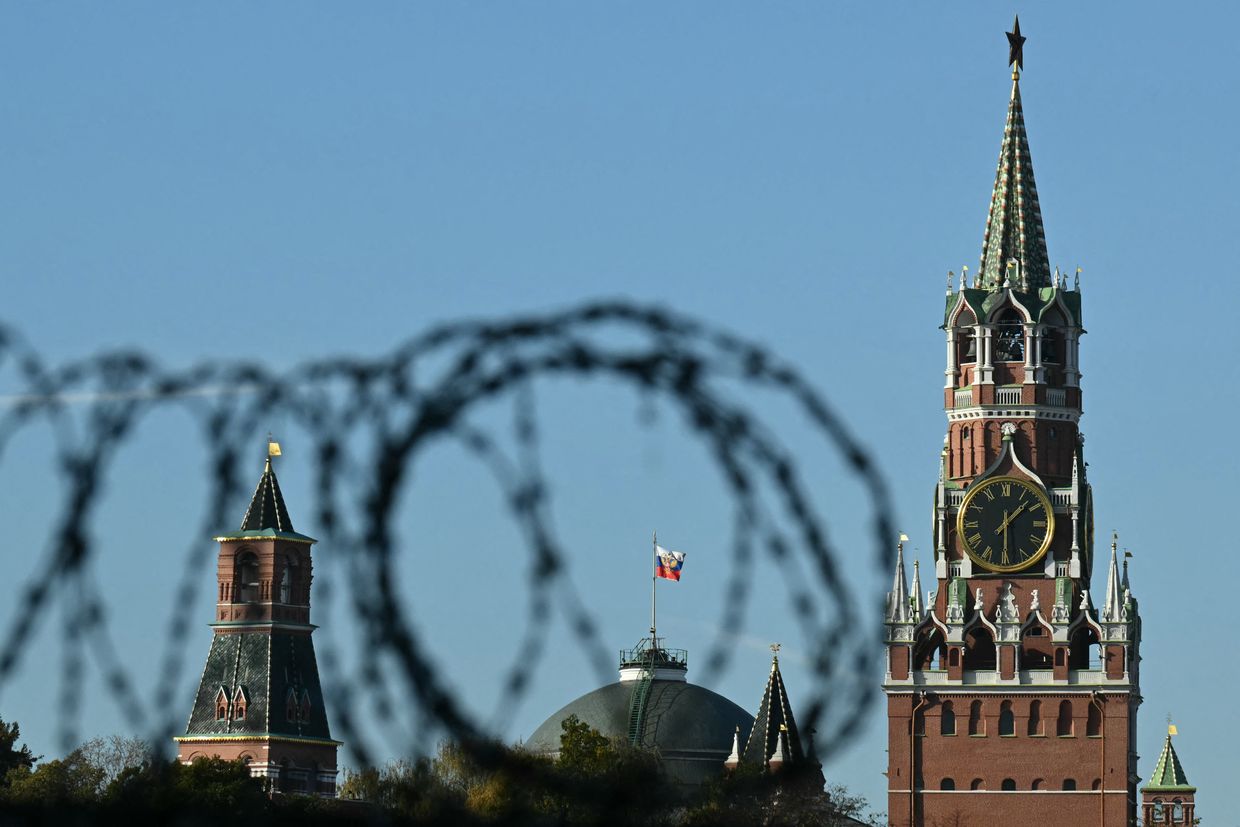 The Standard of the President of the Russian Federation flutters on top of the dome of the Senate Palace, one of the main buildings within the Kremlin compound, as seen through a barbed wire in Moscow, Russia, on Oct. 22, 2024. (Natalia Kolesnikova / AFP via Getty Images)
The Standard of the President of the Russian Federation flutters on top of the dome of the Senate Palace, one of the main buildings within the Kremlin compound, as seen through a barbed wire in Moscow, Russia, on Oct. 22, 2024. (Natalia Kolesnikova / AFP via Getty Images)The Kyiv Independent: Was there a specific moment when you decided that you would take the risk and escape, or did you know from the moment you were arrested that this was what you had to do?
Ekaterina Barabash: No, I didn’t make the decision right away. At first, when they placed me under house arrest, it felt almost like a breath of fresh air. It was so unexpected — usually, in political cases, people accused of such “crimes” are held in jail while they await trial. But the judge said that because I had a very old mother, and I myself am not so young, they decided to place me under house arrest until the court date.
At first, it gave us hope — even my lawyer believed that I might only receive a large fine rather than jail time. But within a few days, after some conversations with certain people, I realized the risk was very high. The chance of being sentenced to prison was real. I believed I could face five, six, even seven years in a Russian prison — and a Russian prison is worse than death.
That was when some people from Europe, who help political prisoners like me, told me clearly: even though I was at home, I needed to plan my escape.
At first, I was in shock. I never imagined I would have to leave — especially not my mother, who is 96 years old. But eventually, I realized it was the best option. I had to choose between two impossible outcomes: prison or fleeing the country. So, of course, I chose to escape.
That’s when we began the operation. I had coordinators from Europe who guided me through every step. They told me what to do, what to prepare, and explained our plan in detail.
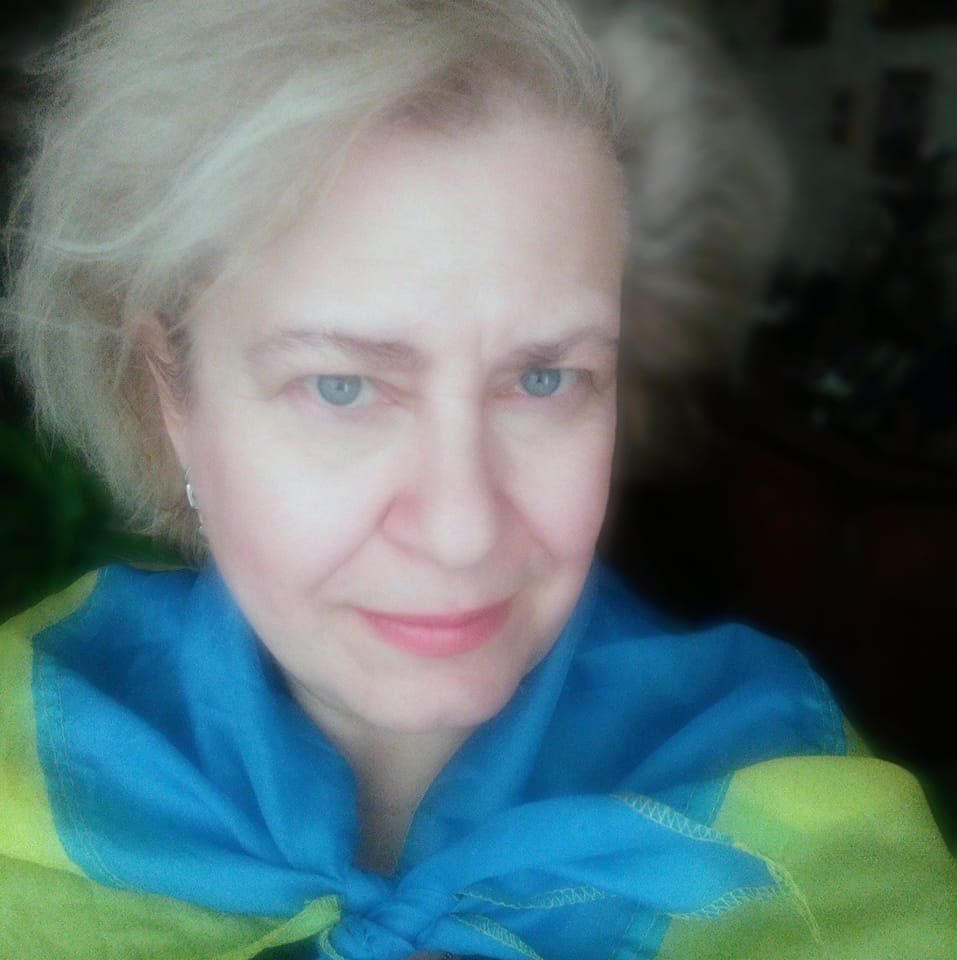 Russian film critic and journalist Ekaterina Barabash draped in the Ukrainian flag in a Facebook post from early March 2022. (Facebook)
Russian film critic and journalist Ekaterina Barabash draped in the Ukrainian flag in a Facebook post from early March 2022. (Facebook)The Kyiv Independent: What makes your case unique among other Russian opposition figures is that you have very strong ties to Ukraine. Does your Ukrainian heritage influence how you view Russia and Russian culture?
Ekaterina Barabash: Yes, I was born in Ukraine, though I was very young when we left — I was only five months old when my parents moved to Moscow. So my entire life has been connected to Russia. I always felt like I had two motherlands: Ukraine and Russia. I was born in Ukraine, but I was raised and educated in Russia, in Moscow.
My family has always had very strong ties to Ukraine. My father, who passed away five months ago, was a well-known figure there. He was a literary critic and the author of many books written in Ukrainian. He was highly respected in the academic community.
Years earlier, my son also moved to Ukraine for personal reasons. He lives there now with his wife and my grandchildren.
So when the war began, my situation was very different from that of my friends in the Russian opposition. For me, it was not just a political crisis — it was a personal tragedy. My closest relatives were there, being targeted by drones and missiles. And I couldn’t stay silent. I couldn’t hold back my grief or outrage.
I couldn’t keep this anger and pain inside me. I started to speak out, openly accusing the Russian government and military of killing innocent people and invading Ukraine. I wrote things like, "I hate you — you are murderers."
My perspective on the war was deeply personal. It wasn’t just politics for me — it was about my family, my roots, and the suffering of people I love.
Even intelligent and well-educated Russian people often don’t truly understand Ukraine. Almost all Russians have been poisoned by imperial propaganda. They’ve been raised with it — it’s part of their worldview.
They’ve always been taught that Ukraine is just a part of Russia. That the Ukrainian language is just a slightly different version of Russian. That Ukrainians are our "younger brothers," and we are all one people — Russians. I’ve heard this over and over, even from good people, even from those who are against the war.
But this belief is a kind of poison. It’s something that every Russian grows up with, often without even realizing it.
I knew at least a little about Ukrainian culture and history — something most Russians don’t. I’ve done interviews and written about Ukrainian culture. So yes, my point of view was different from the beginning.
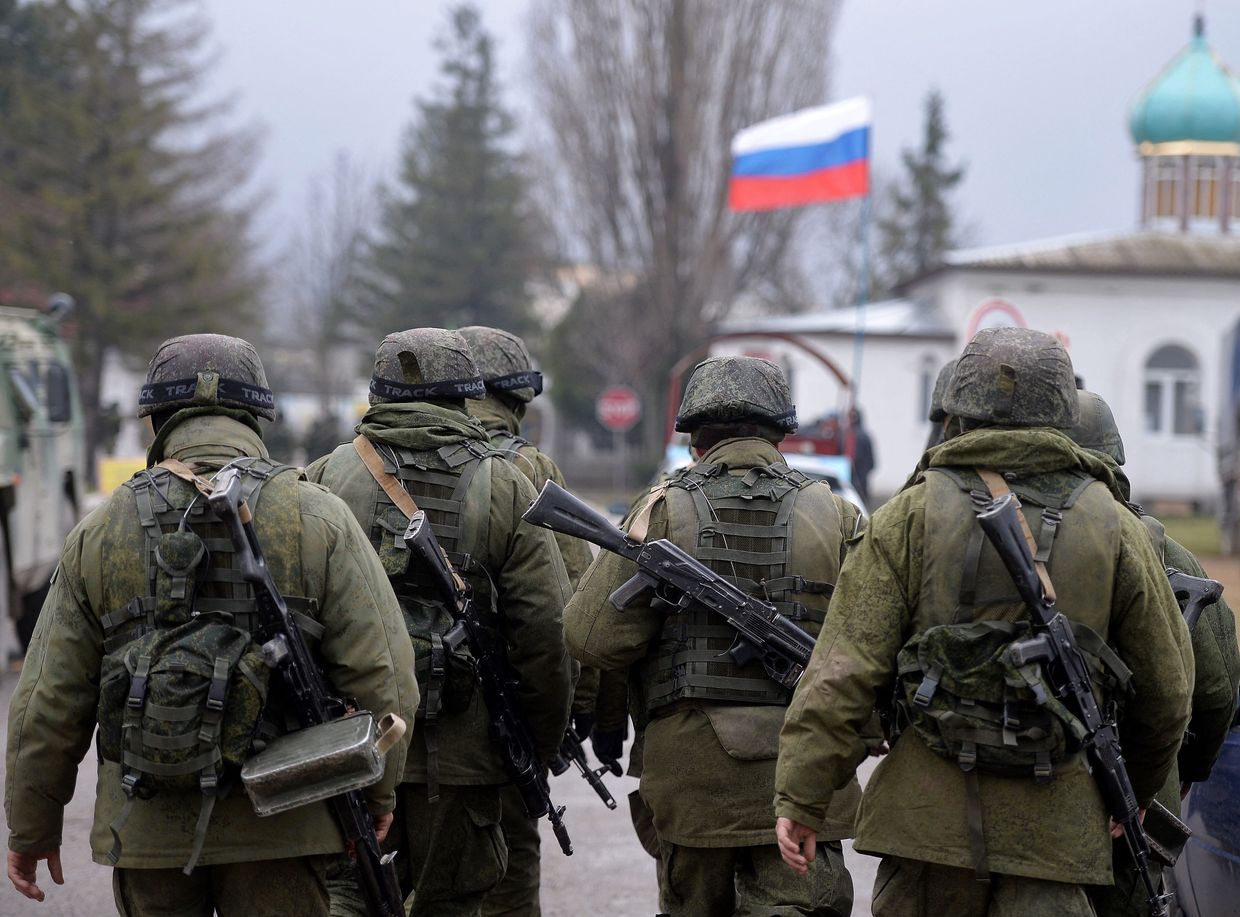 Russian soldiers patrol the area surrounding the Ukrainian military unit outside Simferopol, Crimea, on March 20, 2014. (Photo by Filippo Monteforte / AFP via Getty Images)
Russian soldiers patrol the area surrounding the Ukrainian military unit outside Simferopol, Crimea, on March 20, 2014. (Photo by Filippo Monteforte / AFP via Getty Images)The Kyiv Independent: We know that Russia’s war against Ukraine started in 2014, not 2022. In what ways did Russian public opinion about the war in Ukraine change during those eight years?
Ekaterina Barabash: Most people in Russia simply didn’t care — and they still don’t. Even many anti-Putin individuals, including some of my friends, didn’t grasp that the war actually started in 2014. When the invasion happened in 2022, they acted as if it was the beginning of the war. I had to remind them, "No, the war started eight years ago."
Later on, many of them started to understand, at least a little, what had been happening. But the truth is, almost no one cared. They saw (the invasion of Ukraine’s Donetsk and Luhansk oblasts) as some small conflict in eastern Ukraine, maybe with some Russian soldiers involved, but they didn’t recognize it as the coming of something horrific.
They didn’t understand the connection between the illegal annexation of Crimea and the war that followed. Yes, Crimea was officially part of Ukraine. But they thought that (Soviet leader Nikita) Khrushchev had “given” Crimea to Ukraine many years ago and that Russia had long claimed it.
Then came the war.
The Kyiv Independent: What would you want to say to people still in Russia?
Ekaterina Barabash: You know, I’ve recently realized one thing that I didn’t understand at first: it’s impossible to change their minds. It’s like religion — you either believe or you don’t. If you want to know the truth, you can seek out information, but most people in Russia aren’t willing to look for it.
There’s a common response I get when I ask why they don’t check alternative sources, like Ukrainian media. There are plenty of (Ukrainian) outlets that offer Russian-language versions of the news, and many people understand English, so they could easily access European media, too. Yet, they only rely on Russian sources.
The answer I often hear is, "Everyone lies." They’re willing to accept the lies from Russian propaganda, but they won’t even consider competing narratives from other sources. "Everyone lies," they say. It’s an awful argument — a foolish one, really.
It's unfortunate, really, but what can I say to these people? Honestly, there’s nothing more I can say. If you’re scared, just stay silent. I understand — everyone has families, property, and they don’t want to end up in jail. But if you care, then leave Russia, if you can, if it’s possible.
I know it’s not easy to leave behind elderly parents. I never intended to leave mine. But my father told me several times, "Leave, leave, leave. The end will be very, very dramatic." Still, I couldn’t bring myself to go. I had to take care of them.
But if you care, if you can leave, then do it. Russia is not a place to stay. If you have any sense, you’ll understand that.
Note from the author:
Hey there, Kate Tsurkan here, thanks for reading my latest interview. It's horrific that in Russia you're considered a criminal for calling out the actual criminals who are murdering innocent people, but thankfully we have people in this world like Ekaterina Barabash who are not afraid to call evil what it is. I hope her story inspires you and helps show that if a 64-year-old grandmother can stand up to authoritarianism in this world, then so can you. It you like reading about this sort of thing, please consider supporting The Kyiv Independent.
Decolonizing Russia — what it means and why it matters
Speaking to France’s National Assembly on April 11, Russian opposition leader Vladimir Kara-Murza did not petition Europe for the Kremlin’s total military defeat. Yet, while answering one of the many questions posed to him, he talked about how a colleague supposedly learned that ethnic Russians find it “psychologically difficult” to kill Ukrainians because they are so “similar.” “They say… we are alike, these are very closely related peoples, as everyone knows: almost the same language, the sa

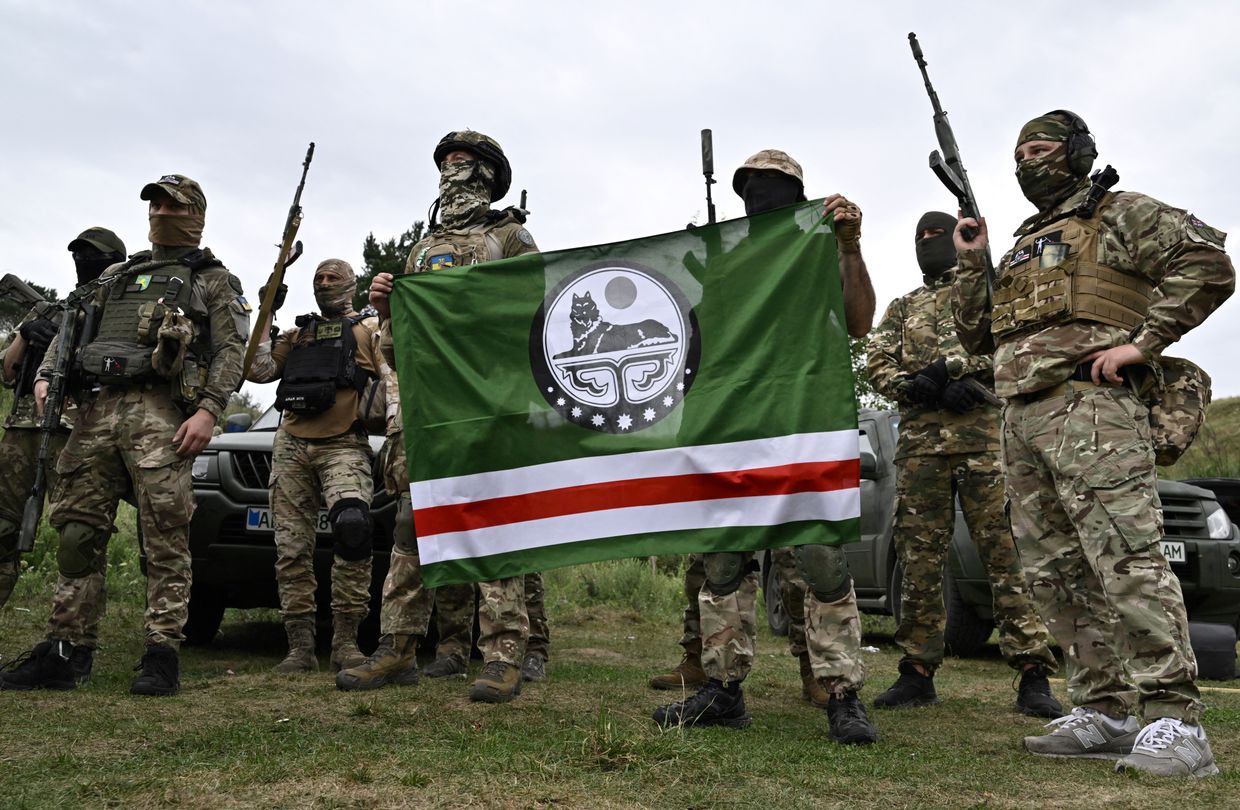
.png)
 German (DE)
German (DE)  English (US)
English (US)  Spanish (ES)
Spanish (ES)  French (FR)
French (FR)  Hindi (IN)
Hindi (IN)  Italian (IT)
Italian (IT)  Russian (RU)
Russian (RU)  9 hours ago
1
9 hours ago
1
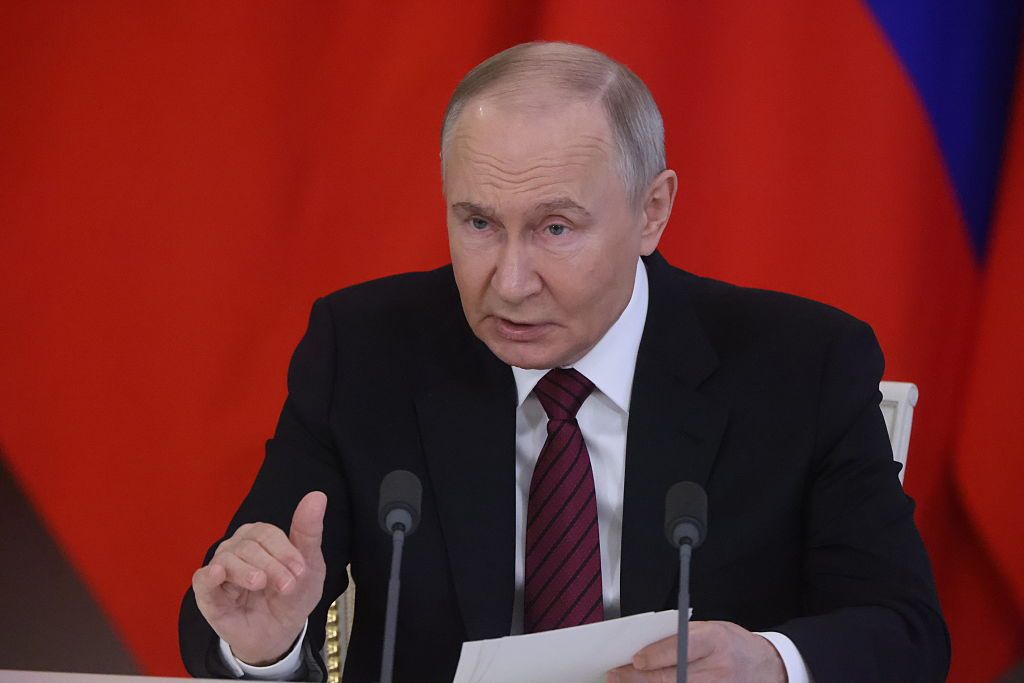
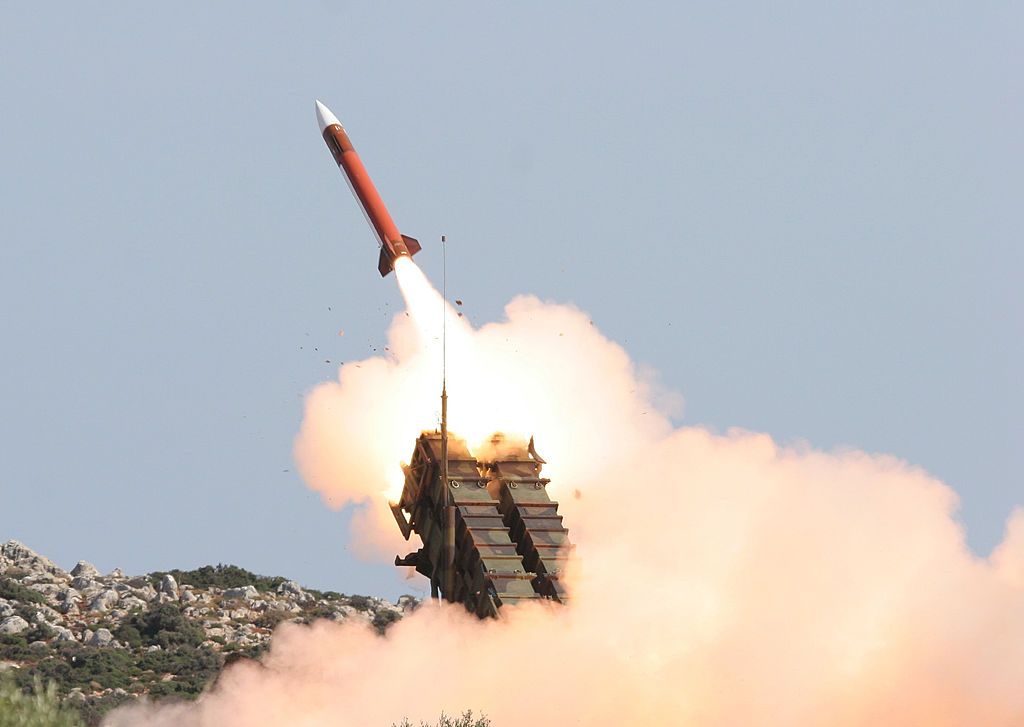
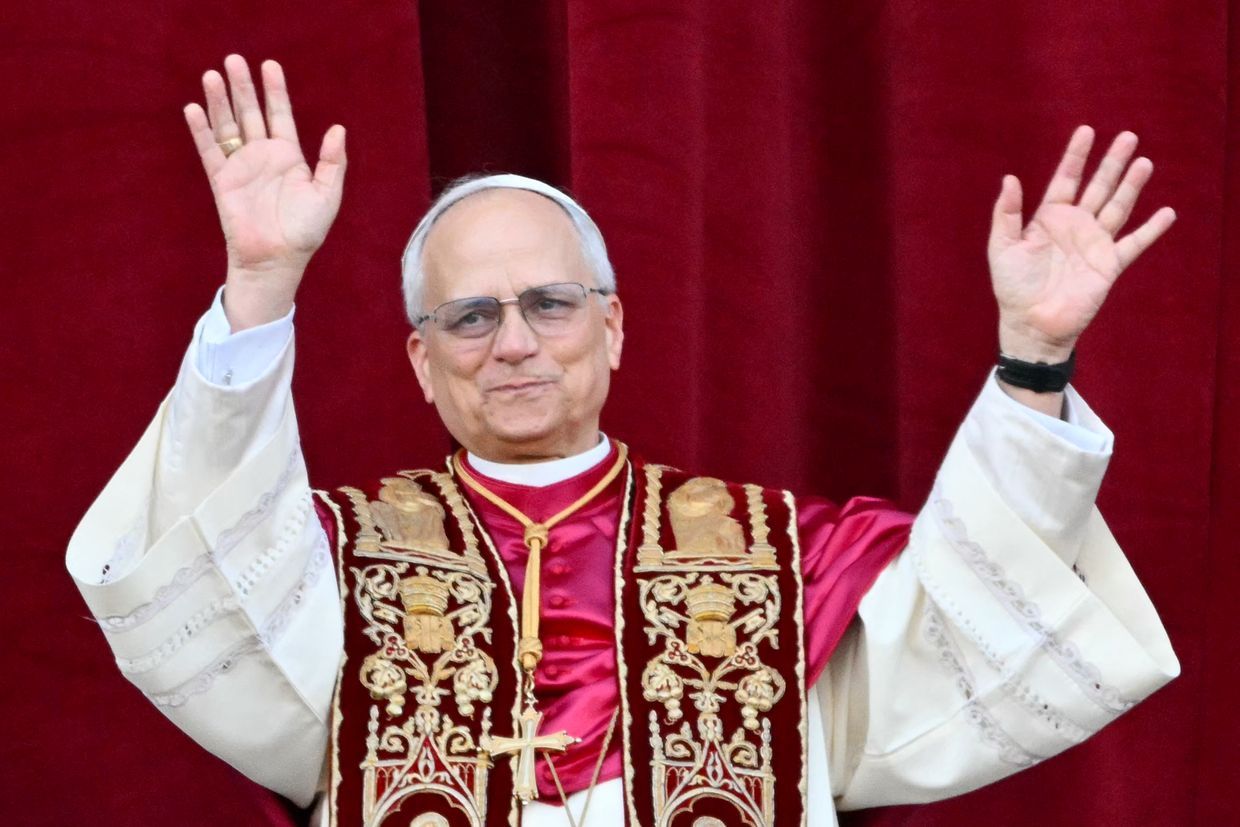
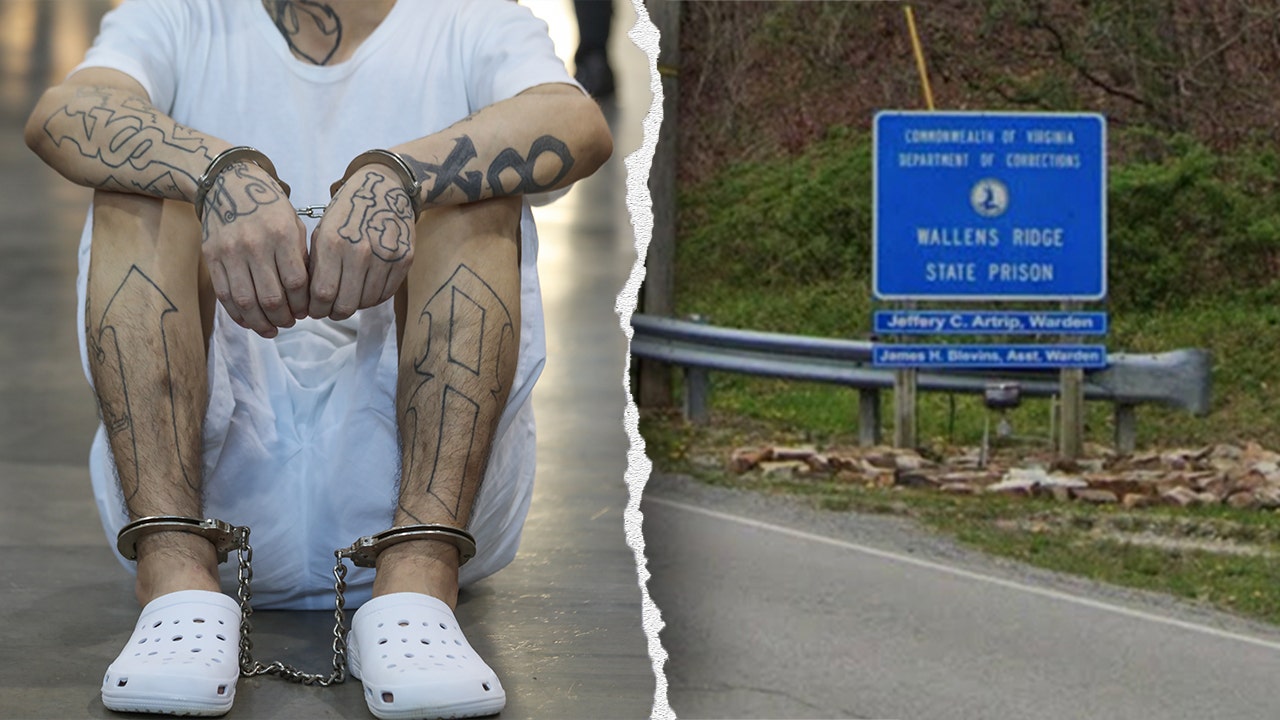


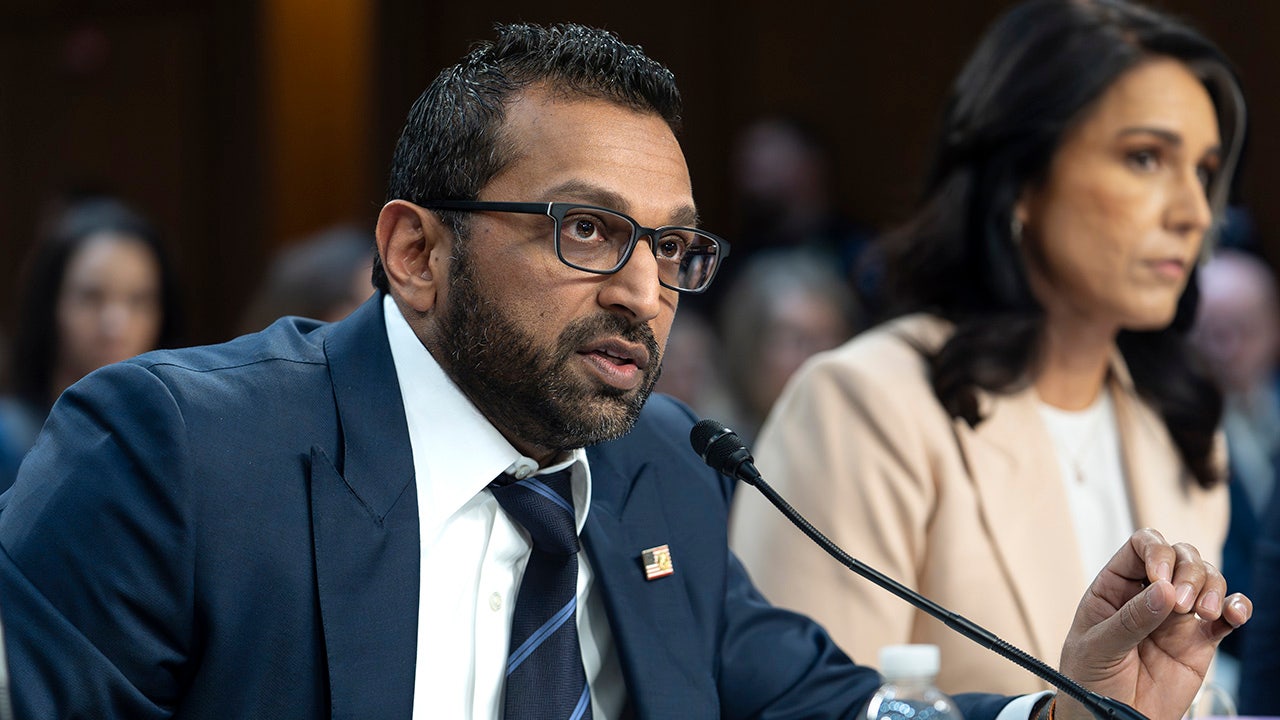

Comments